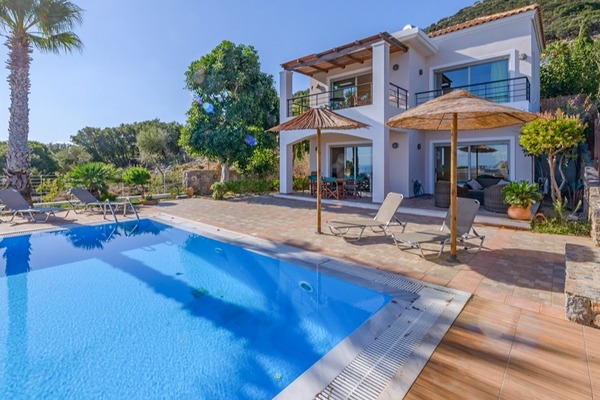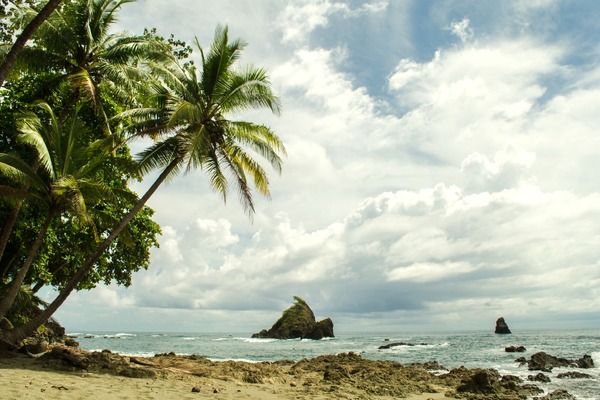A ghost tour of Cork
Ghouls, forts and Charles Dickens – Pippa Jacks is enthralled by Cork, Ireland
A devastated bride, an abandoned wedding breakfast, and a sealed up dining room gathering cobwebs. It’s the story of Miss Havisham, the embittered jilted bride in Charles Dickens’ classic, Great Expectations.
But if you take an evening ghost tour in Cork, you’ll hear how Dickens is said to have been inspired, while visiting the city, by the real story of a local bride who, realising she had not married her true love, committed suicide during the wedding breakfast, and the dining table was left intact for a generation.
This is just one of the spooky tales my actor-cum-tour-guide Damian Punch recounts as we stroll around the city. He also tells me tales of murdered servants, grave robbers and decapitated traitors, plus – because this is a daytime tour, just for me – a wealth of geological and cultural information.
Cork is the Republic of Ireland’s second largest city after Dublin, but is a fraction of its size and quick to cross on foot. For Damian, that’s not its only advantage: “Dublin’s so busy and fast-paced. As you go west, Ireland slows down. Cork is friendlier – people are more curious and chatty,” he said.
Many tourists pass through Cork en route to kiss the Blarney Stone or to reach the Wild Atlantic Way coastal route, but fewer make time to explore this interesting city itself.
Coming from the Irish word “corcaigh” (“marsh”), the city was built on marshland islands in the estuary of the river Lee, much like Venice. Boasting the second deepest natural harbour in the world after Sydney, Cork has enjoyed a rich maritime history, and was an important point for re-provisioning military vessels and emigrants en route to the British colonies across the Atlantic. Sir Francis Drake lived in the county for a time, and the cruise port of Cobh – a short drive from Cork – was the last port of call for the ill-fated Titanic.
We stroll up to the 17th-century Elizabeth Fort, which opened to the public in 2014. Grisly models of heads on spikes are a reminder of how social order was maintained in the days before Asbos.
Cork city is undergoing something of a renaissance and several new hotels and riverside eateries have opened up. A €150 million regeneration project is to turn a derelict brewery area into a multi-purpose complex, including a 6,000-seat concert venue, while Cobh is looking to expand to welcome larger cruise ships.
Earlier this year, a Cork Tourism Strategy Taskforce announced a five-year plan to better promote Cork County’s attractions with the aim of increasing visitor numbers by a fifth, and encouraging them to stay longer so that they, like Charles Dickens, can be inspired by its stories.
- Damian runs Cork Ghost Tours Sunday-Thursday, June-August 2016; the tour costs £14 per adult (prebooking via discoveringcork.ie/
cork-ghost-tour is essential).















